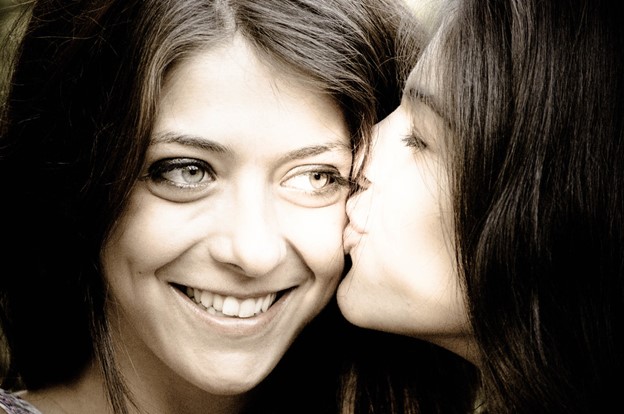Shared Misery Is Not Empathy
Often, twins raised together are bound by shared trauma. Their dysfunctional families drove them to care emotionally and physically for each other and to depend solely upon one another for support and understanding. However, as they mature and their lives diverge, the widening gap between their individual experiences can lead to emotional rifts and resentment.
For example, if one twin moves away or begins an intimate relationship, the other may feel that their bond is lost. While they may pay lip service to rationally accepting such changes, one or both have difficulty adjusting to these new parameters. The internal conflict is overwhelming—each wishes to be happy for the other but feels resentful and angry about the new normal.
An important variable to consider is that closeness born of shared misery does not guarantee that confronting individual differences will be easy. In fact, the opposite is true. To put oneself in other people’s shoes and feel what they feel requires a separate sense of self. Empathic resonance necessitates an openness to another’s perspective, even if it provokes anger and disdain. The capacity to hold ambivalent feelings is also essential. For example, a twin could express happiness for her sister’s good fortune and consciously recognize the need to take responsibility for her own negative emotions rather than blame her sibling for making her feel jealous and upset.
Embracing this emotional stance requires having empathy for yourself as well as for your twin. Sadly, many twin pairs fail to achieve this psychological equilibrium because they remain captive to unrealistic expectations of perfect equality and fairness. Both must struggle to honor any life changes and develop patience, flexibility, and understanding to achieve a new perspective on individuality and divergence.
Image courtesy of Natasha d.H (CC BY 2.0)



I couldn’t agree more. I think that is why so many twin pairs need a referee! Audrey Sandbank twin therapist.